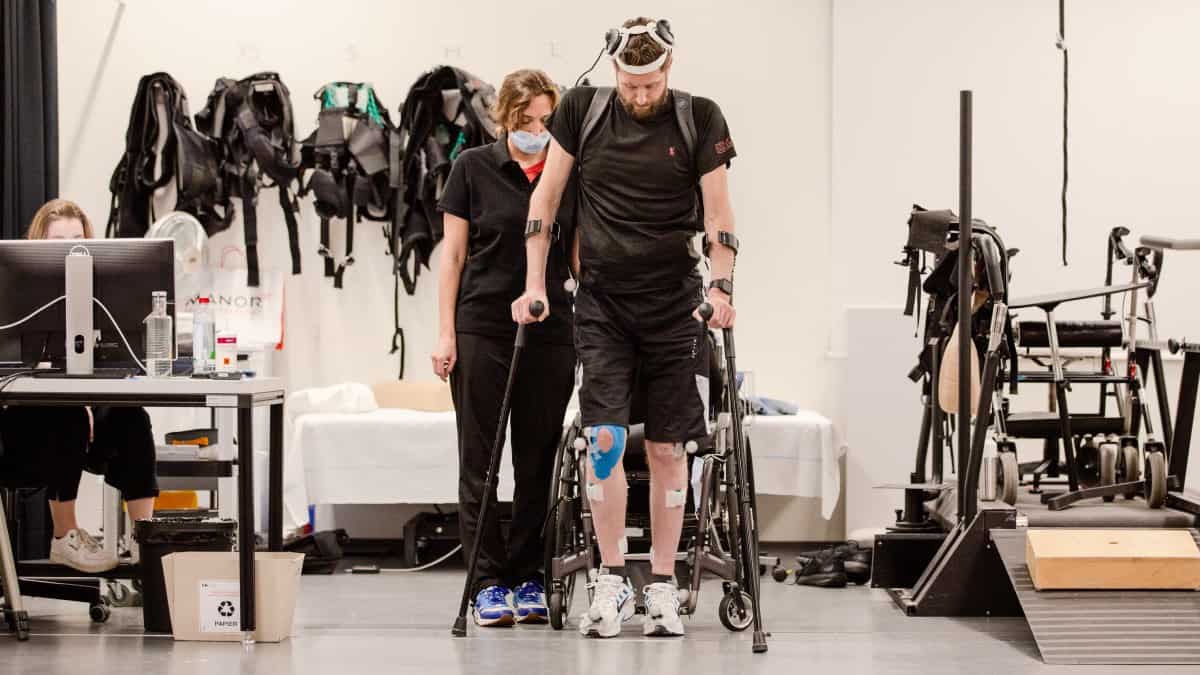(Reuters) – The following is a brief roundup of the latest scientific studies on the novel coronavirus and efforts to find treatments and vaccines for COVID-19, the illness caused by the virus.
FILE PHOTO: A woman holds a small bottle labeled with a “Vaccine COVID-19” sticker and a medical syringe in this illustration taken April 10, 2020. REUTERS/Dado Ruvic/Illustration
Normal speech sprays droplets with contagious coronavirus
The thousands of tiny fluid droplets that we spray during normal conversation are a potentially significant way the new coronavirus spreads from person to person, according to a report on Wednesday in the Proceedings of the National Academy of Sciences of the USA. Using laser light scattering, researchers studied the small droplets that linger in the air after exiting the mouth. Based on earlier research into levels of the virus in oral fluid, they estimate that one minute of loud speaking could generate more than 1,000 virus-containing droplets that would remain airborne for at least eight minutes. “There is a substantial probability that normal speaking causes airborne virus transmission in confined environments,” Philip Anfinrud and Adriaan Bax of the National Institutes of Health in Bethesda, Maryland and their coauthors conclude. (bit.ly/3fJIRqp)
Twin antibodies may be better than one
Scientists have found twin antibodies that neutralize the new coronavirus, each by slightly different mechanisms. Finding a way to use both antibodies simultaneously might be a particularly good way to attack the virus, the researchers say. According to their report on Wednesday in Science, the two antibodies were isolated from a patient who recovered from COVID-19. Both work by attaching to a spike on the virus that helps it break into human cells. Because the antibodies each bind to different places on the spike, a “cocktail” containing both may be more effective than a treatment using either one by itself. The information could also help in development of a preventive vaccine, the laboratory experiments suggest. Furthermore, even if the virus mutates so that one of the antibodies no longer works, the other might still retain its neutralizing activity. (bit.ly/2WsbD7b)
Children with cancer may be no more vulnerable to the coronavirus than healthy kids
Children with cancer do not need to delay treatment for fear of becoming more vulnerable to the new coronavirus, according to a study reported on Wednesday in JAMA Oncology. “It was reassuring that they didn’t appear to be any more vulnerable than other children,” Dr. Andrew Kung, coauthor of the study and head of pediatrics at Memorial Sloan Kettering Cancer Center in New York, told Reuters. “With this information we can now feel confident to forge ahead with cancer therapy and not delay out of fears of affecting susceptibility to COVID-19.”
Among children with cancer but without symptoms of coronavirus infection, only 2.5% tested positive for the virus, researchers reported. Among those who had been exposed to the virus or had symptoms suggestive of infection, 29.3% tested positive, with only one requiring hospitalization. Altogether, the team tested 178 children and 74 adult caregivers for the virus. Among the children’s asymptomatic caregivers, 14.7% turned out to be infected. “Even in that setting, we found that just half of the time when a caregiver was positive did the kid also test positive,” Kung said. “This suggests that there is something about kids that makes them less susceptible not just to the development of symptoms but to the infection itself.”
Scientists find cheaper way to study coronavirus genome
Researchers have found a simpler, cheaper way to sequence the coronavirus genome, a crucial process that allows researchers access the genetic information in the RNA of the virus. “This approach builds on ongoing sequencing efforts by other groups but bypasses time consuming and costly steps in preparing samples for sequencing,” Daryl Gohl of the University of Minnesota Genomics Center, who led the research, told Reuters. “The ability to sequence SARS-CoV-2 at low cost and at large scale will aid in the genomic surveillance of (the virus) for public health efforts, and has the potential to accelerate studies on the influence of viral genetics on transmissibility, virulence, and clinical outcomes.” The paper describing the new method was posted online on Tuesday on the bioRxiv website but has not yet been peer-reviewed. (bit.ly/3buhU6A)
Coronavirus particles in feces may not be infectious
The new coronavirus may not spread via contact with fecal matter, researchers suggest in a report on Wednesday in Science Immunology. In laboratory experiments, they discovered that while the virus does infect the cells of the small intestine, fluid from the large intestine inactivates it, so that the virus is no longer infectious by the time it is excreted in feces. The authors caution, however, that because they only studied fecal samples from 10 patients, they cannot definitively rule out fecal-oral transmission of COVID-19. Their findings also suggest that certain protein-digesting enzymes help the new coronavirus enter cells in the gut. Blocking those two enzymes might be a way to treat the infection, they speculate, especially since a drug that inhibits the TMPRSS2 enzyme is already approved in Japan to treat pancreatitis. (bit.ly/3cvkr1Z)
Graphic: The lifeline pipeline, COVID-19 treatments, vaccines in development here
Reporting by Nancy Lapid and Linda Carroll; Editing by Bill Berkrot






